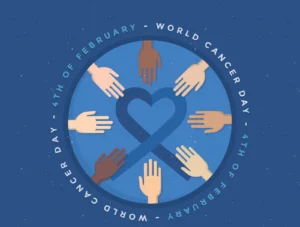A controversial COVID study that advocated for an unproven treatment has been retracted following a four-year saga

A study that fueled support for the now-discredited idea of using a cheap malaria drug to treat COVID-19 has been retracted, more than four-and-a-half years after its publication. The controversial paper had faced repeated criticism over its data quality and questionable ethics approval process. Its retraction, due to concerns over ethical protocols and doubts about the research conduct, marks the 28th retraction for co-author Didier Raoult, a French microbiologist formerly at Marseille’s Hospital-University Institute Mediterranean Infection (IHU). Investigations in France found that Raoult and the IHU violated ethics approval protocols in multiple studies, and Raoult has since retired.
The paper, which has been cited nearly 3,400 times according to the Web of Science database, holds the distinction of being the most-cited COVID-19 paper to be retracted, and the second-most-cited retracted paper overall. Elisabeth Bik, a scientific integrity consultant and critic of the paper, called the retraction “incredibly good news,” pointing out that many countries, including the United States, initially approved hydroxychloroquine (HCQ), the drug central to the research, as a treatment for COVID-19. However, subsequent studies demonstrated it had no benefit. “This paper should never have been published — or it should have been retracted immediately after its publication,” Bik said.
The study’s significant contribution to the HCQ hype had an unintended consequence: it “partially side-tracked and slowed down the development of anti-COVID-19 drugs at a time when effective treatments were urgently needed,” says Ole Søgaard, an infectious disease physician at Aarhus University Hospital in Denmark, who was not involved in the study or its critiques. He added, “The study was clearly rushed and did not meet common scientific and ethical standards.”
In a detailed retraction notice published on December 17 in the International Journal of Antimicrobial Agents, publisher Elsevier, along with the International Society of Antimicrobial Chemotherapy (ISAC), which co-owns the journal, explained that an investigation into the study revealed several issues. Among the concerns, they were unable to confirm whether ethical approval was obtained before participants were enrolled, or if they all entered the study in time for their data to be included in the manuscript.








